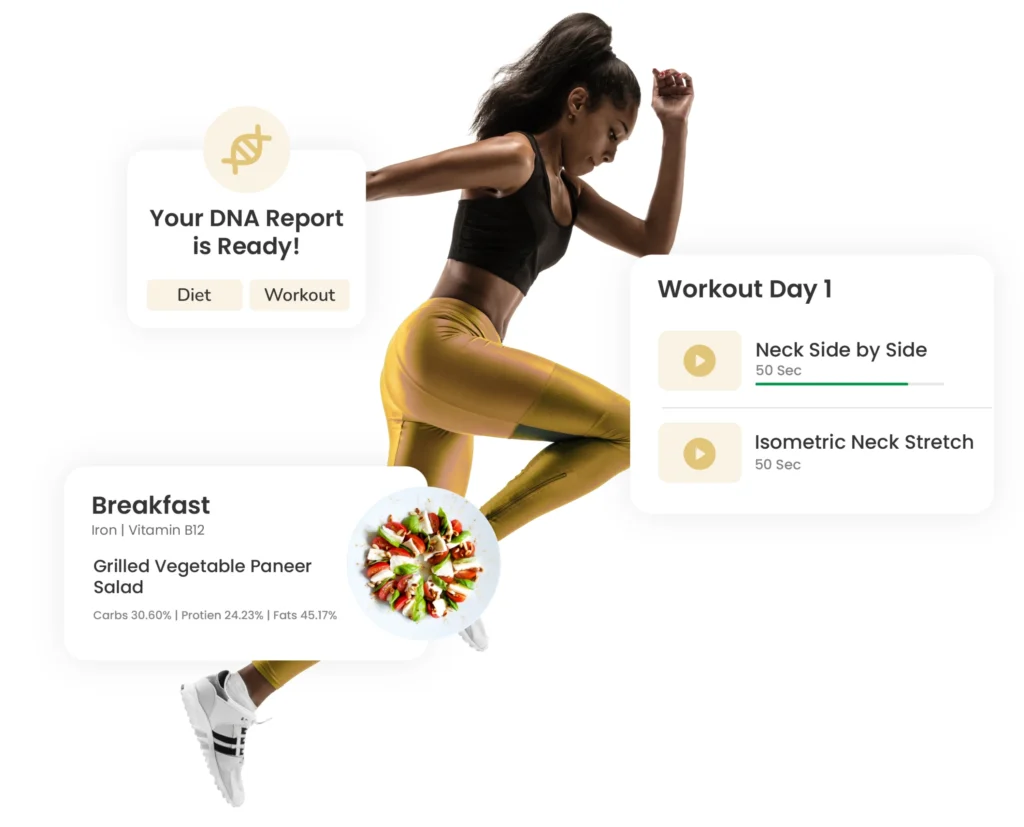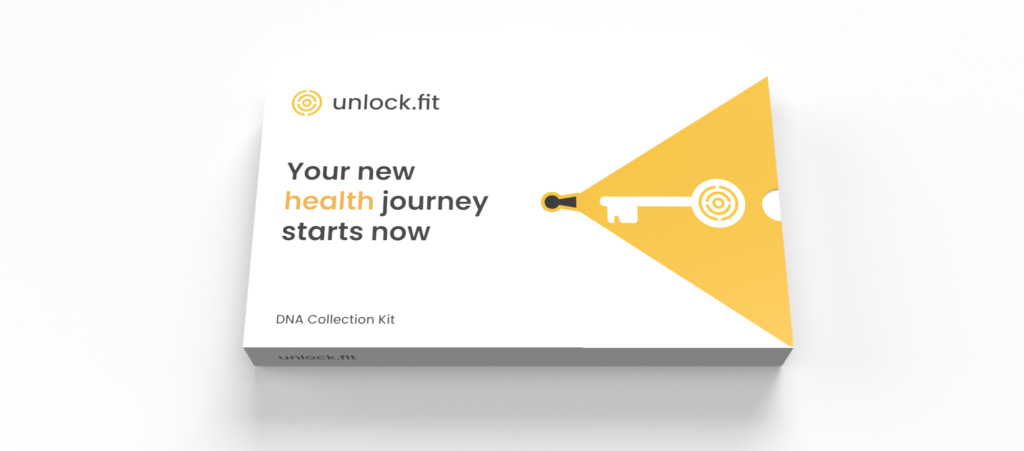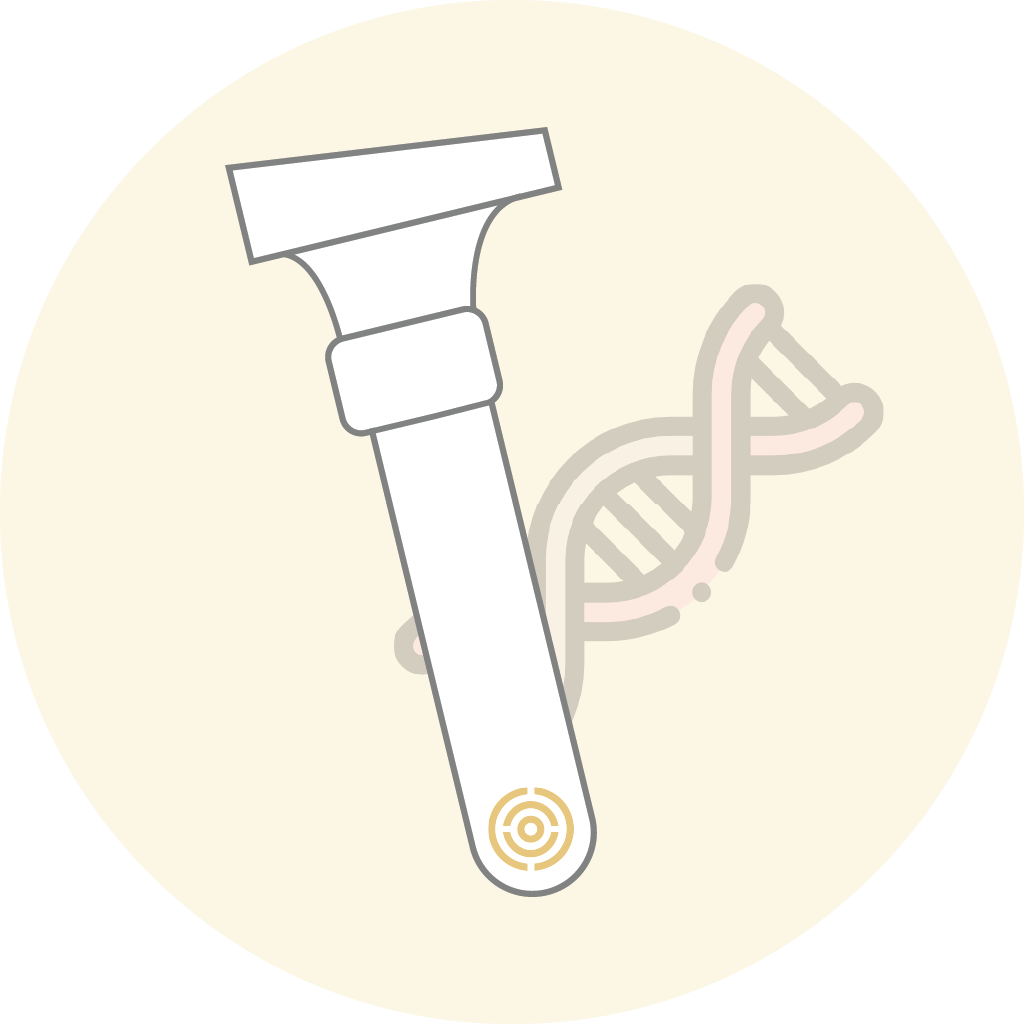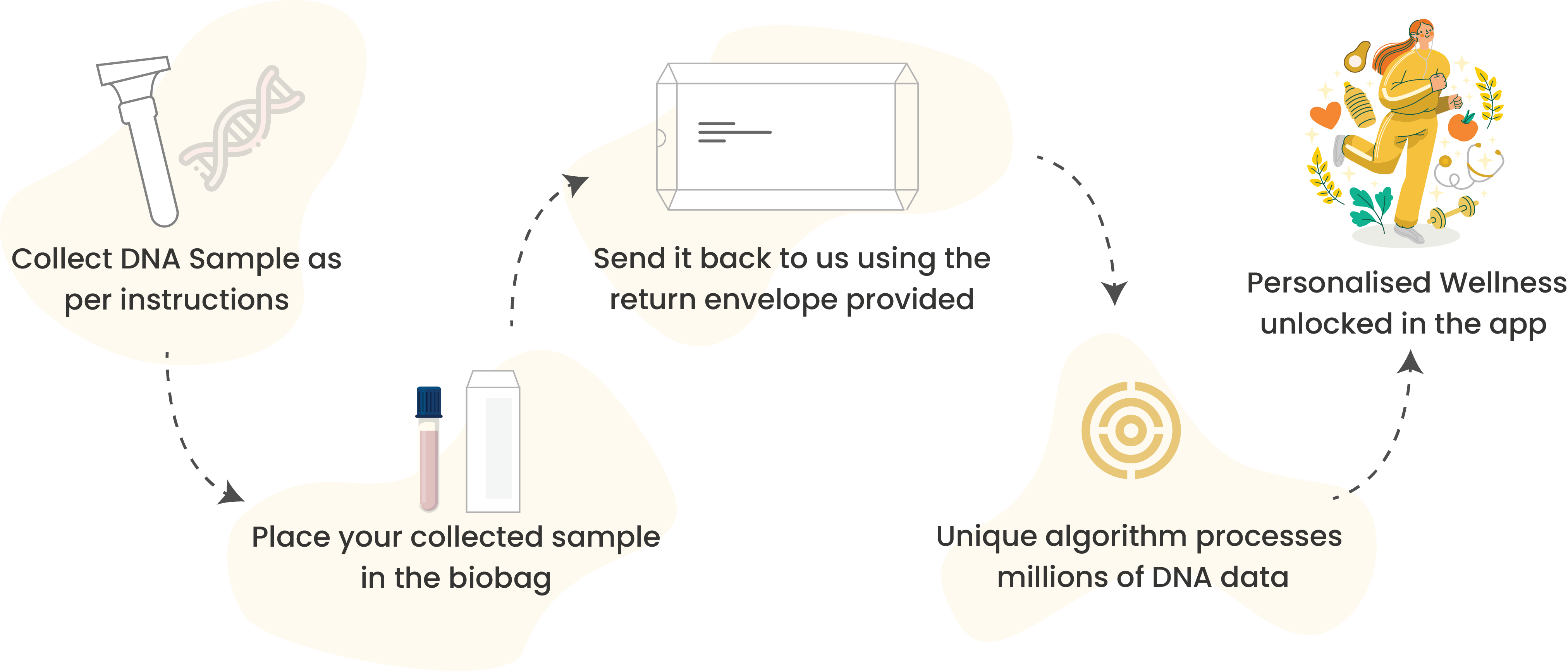
How Misleading Lab Results Can Affect Your Diabetes Diagnosis
The Diabetes Misdirection: When Your Lab Results Lie to You ⚡ Quick Answer High HbA1c levels may not always indicate diabetes, as they can be
Unlock.fit offers DNA-based nutrition plans and wellness programs tailored to your body’s needs.







₹
3,999
M.R.P : ₹ 18,9999

Collect your saliva in a specialized collection tube to start your personalized fitness and nutrition.


Unlock Life is the most personalised wellness program created in line with your DNA profile
DNA Test is a simple saliva test, that provides DNA analysis and reports on your individual genetic response to different fitness and nutrition markers

Our app offers DNA & Blood test Bookings customised Diet Plans, Experts Consultations & Progress Trackers to empower your wellness journey!

DNA-based nutrition tailors diets to individual genetic profiles, leveraging genetic research to personalize health recommendations and optimize wellness outcomes.

For the DNA test the user collects their saliva in a special DNA Sample Collection Kit that we send to them. The saliva sample goes to our DNA Labs where about thousands of gene markers are studied in a user’s genome. We then generate your unique DNA Report with deep analysis of your DNA data.



The Diabetes Misdirection: When Your Lab Results Lie to You ⚡ Quick Answer High HbA1c levels may not always indicate diabetes, as they can be

How to Manage PMS, Period Pain, and Irregular Cycles: Evidence-Based Diet Plans, Lifestyle Changes, and Hormone Testing Recommendations for Indian Women Quick Answer: Managing PMS

Preconception and Fertility Nutrition for Indian Women: From Blood Tests to DNA Insights Quick Answer: Preconception nutrition can significantly enhance fertility by ensuring optimal nutrient

Why Is Bone Health Crucial for Women in India? A Guide to Osteoporosis Prevention As a clinical dietitian specializing in metabolic health, I often tell
Frequently Asked Questions

74-S Sector-8 Jasola Vihar South Delhi, New Delhi 110025
© 2024 unlock.fit. All Rights Reserved

I am here to assist you in your health and fitness goals.


Following are some of the possible reasons for your current health condition based on your responses to the questions above.